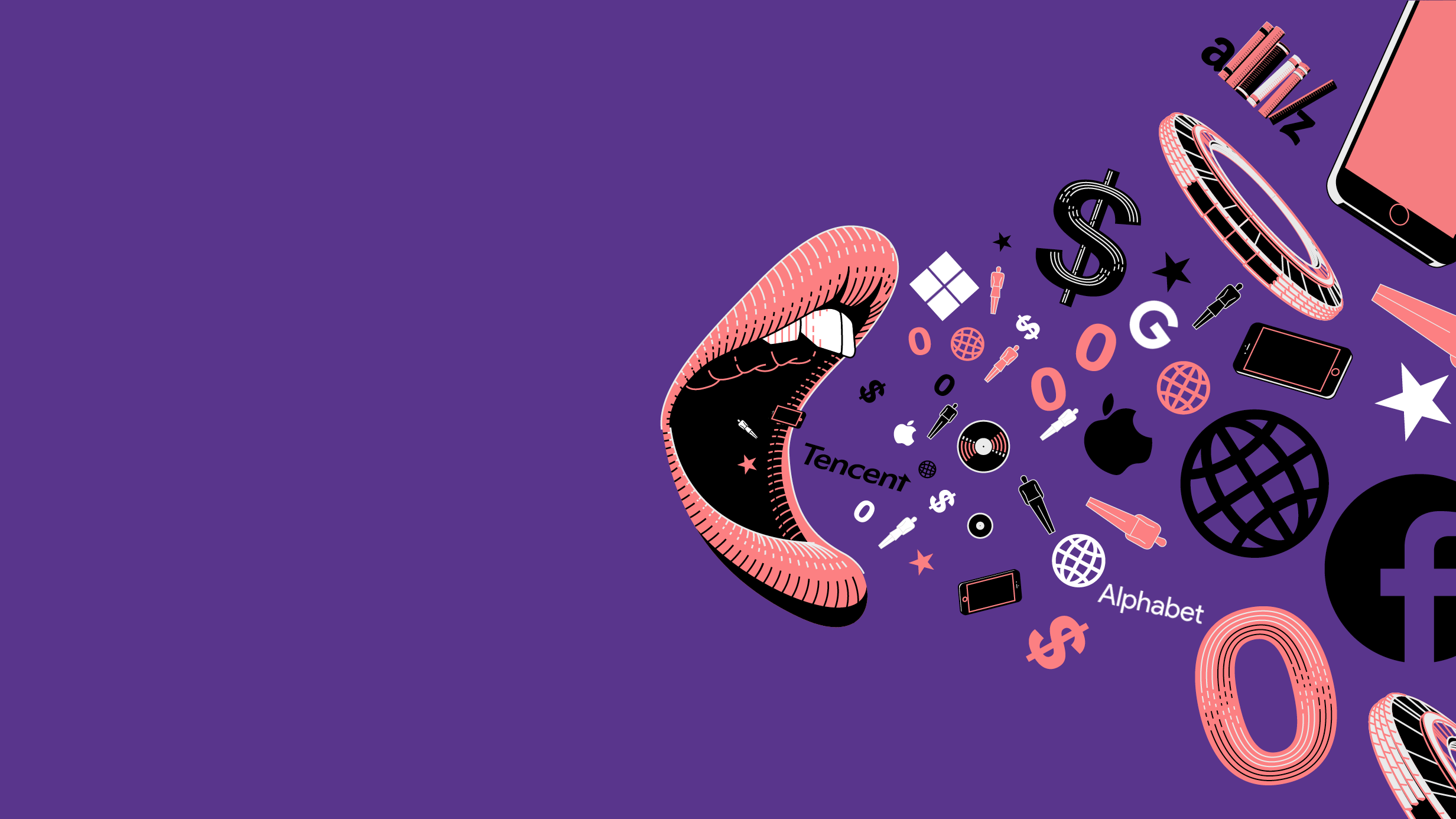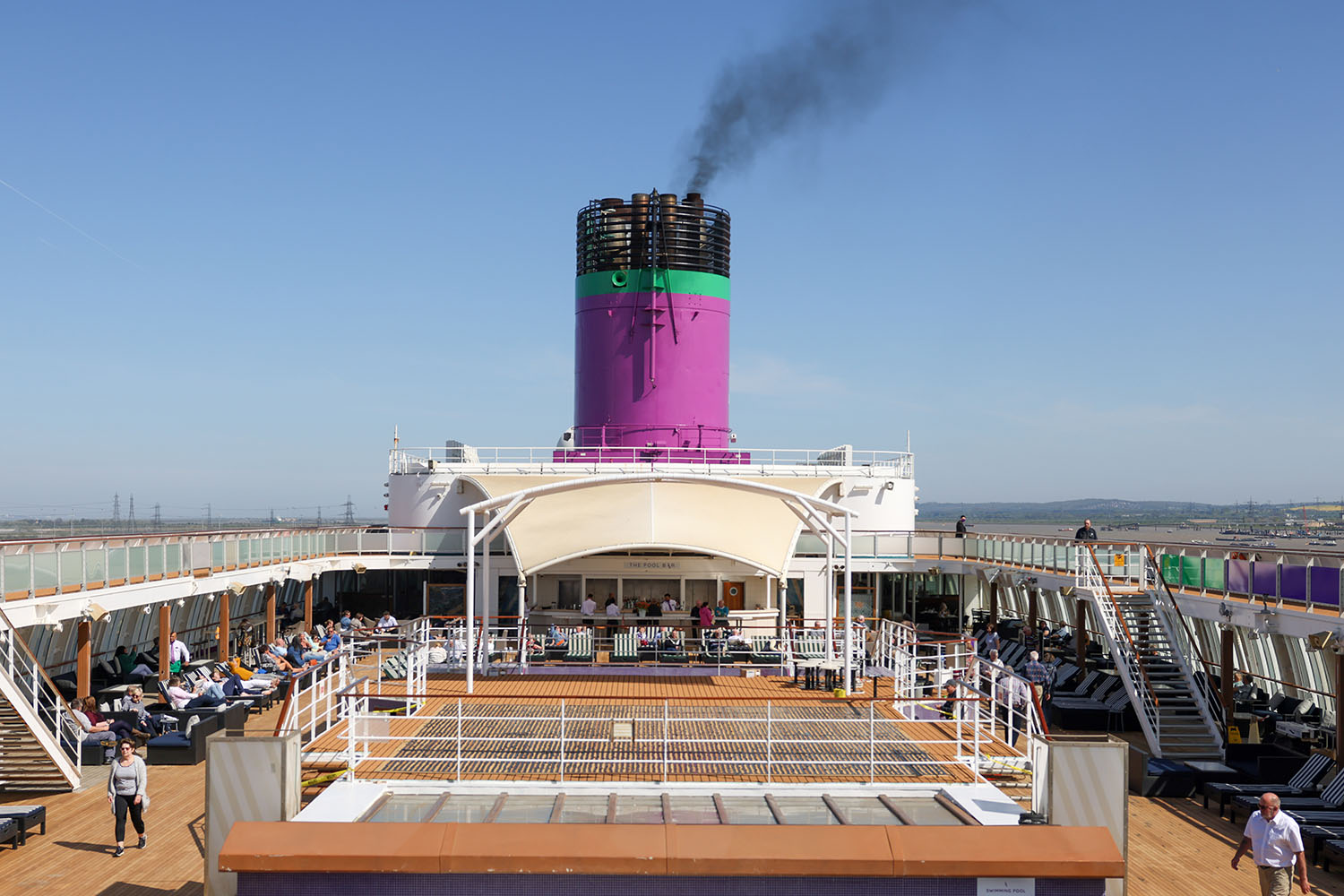
A new proposed amendment in the Online Safety Bill could mean tech executives responsible for the harms of children could face jail time. Will it work?
Long stories short
- Elon Musk faced $1.5 billion in interest payments relating to his purchase of Twitter.
– TikTok discussed sharing details of its algorithm with US regulators.
– Tencent fired more than 100 employees for bribery and embezzlement.
Michelle Donelan, the culture secretary, is in the process of steering the online safety bill (OSB) through Parliament. Much beset by delays, the OSB already empowers regulators to issue large fines against big tech companies that fail to remove harmful or illegal content.
This week, Donelan upped the ante. After caving in to pressure from 50 Tory backbenchers, she agreed to change the OSB to enable tech executives to be criminally prosecuted.
So what? “Without effective regulation the tech industry isn’t going to put its house in order,” says Ian Russell, a tireless campaigner for social media reform and the father of Molly Russell, who took her life at 14 after being exposed to harmful images online.
The question is: how far should such regulation go?
What’s changed? Donelan agreed to change the draft OSB to allow tech executives “who have consented or connived in ignoring enforceable requirements, risking serious harm to children,” to face criminal penalties. The exact details have yet to be revealed, so it’s not quite clear how that will work. In a blog post on Conservative Home, Donelan said: “No longer will faceless executives be able to pass the buck and hide behind corporate loopholes”. Which doesn’t exactly clear things up.
The arguments in favour. Andrea Leadsom, the former business secretary, pointed out that in sectors such as construction and finance, directors faced prosecution if their practices caused harm. Margaret Hodge, a Labour MP in favour of criminal sanctions, agreed. “The point isn’t to lock away CEOs or senior managers of social media companies but to change behaviour,” she said. “And it has been well established that holding directors personally liable is precisely the way to achieve this.”
Tories like Leadsom, Ian Duncan Smith and Priti Patel have found themselves on the same side as Labour and the NSPCC. According to a YouGov poll, two thirds of UK adults agree that senior tech executives should be prosecuted for failures resulting in serious harm to children.
… and against. Criminal liability was considered and rejected in a consultation published only last month on the basis it would make the UK tech sector less attractive. Critics argue that criminal sanctions would incentivise social media companies to “play safe” and remove more legal content than they need to. Others worry about increased red tape and the chilling effect of sanctions if applied too widely. A spokeswoman for Wikipedia told the BBC that the threat of “harsh” new criminal penalties “will affect not only big corporations but also public interest websites.” Ruth Anderson, CEO of Index of Censorship, said that Donelan had “added to the utter mess this Bill has become”.
Will it work? The Irish online safety and media regulations bill, which became law in December 2022, allows for senior managers to be held criminally liable after a series of checks, but it’s too early to know how it will be enforced. As a point of comparison, 95 people have been prosecuted under Britain’s Construction Design and Management Regulations since 2015. One property developer was sentenced to eight months in prison. Hodge said that holding directors of construction companies personally responsible for health and safety standards on their sites had resulted in an incredible 90 per cent drop in deaths on building sites. The government hopes that the OSB will have a similar deterrent effect.









